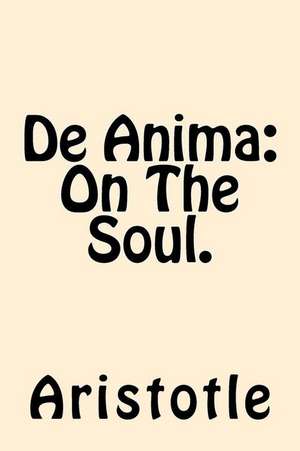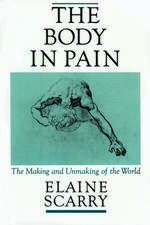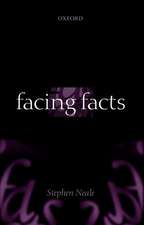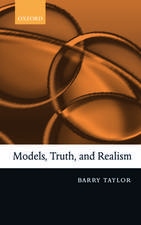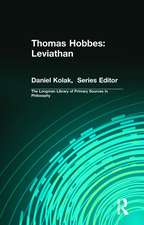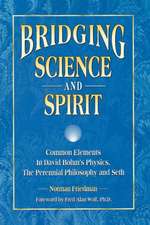de Anima (on the Soul)
Autor Aristotleen Limba Engleză Paperback
| Toate formatele și edițiile | Preț | Express |
|---|---|---|
| Paperback (2) | 50.53 lei 3-5 săpt. | |
| – | 50.53 lei 3-5 săpt. | |
| Penguin Books – 28 ian 1987 | 57.61 lei 24-30 zile | +19.52 lei 4-10 zile |
Preț: 50.53 lei
Nou
9.67€ • 10.51$ • 8.13£
Carte disponibilă
Livrare economică 31 martie-14 aprilie
Specificații
ISBN-10: 1542870429
Pagini: 40
Dimensiuni: 152 x 229 x 2 mm
Greutate: 0.07 kg
Notă biografică
HUGH LAWSON-TANCRED was born in 1955 and educated at Eton and Balliol College, Oxford. He is a Departmental Fellow in the Department of Philosophy at Birkbeck College in the University of London. He has published extensively on Aristotle and Plato and is currently engaged in research in computational linguistics. He translates widely from the Slavonic and Scandinavian languages. His translations of Aristotle's The Art of Rhetoric and De Anima are also published in Penguin Classics. He is married with a daughter and two sons and lives in North London and Somerset.
Cuprins
Introduction
I. Entelechism
II. The Life of Aristotle
III. The Philosophical Background
IV. The Development and Scope of Entelechism
V. Perception, Imagination and Desire
VI. Intellect
VII. Entelechism in the Modern Debate
VIII. Conclusion
IX. The Translation
Glossary
On the Soul
Book I
The Traditional Background
Chapter One: The Scope of the Work
Chapter Two: Some Earlier Theories
Chapter Three: Comments on Earlier Views I
Chapter Four: Comments on Earlier Views II
Chapter Five: General Remarks
Book II
The Nature of the Soul
Chapter One: Soul as Form
Chapter Two: The Psychic Hierarchy I
Chapter Three: The Psychic Hierarchy II
Nutrition
Chapter Four: Methodological Remarks; Nutrition
Sense-perception
Chapter Five: Sensation
Chapter Six: The Types of Sense-object
Chapter Seven: Sight
Chapter Eight: Hearing
Chapter Nine: Smell
Chapter Ten: Taste
Chapter Eleven: Touch
Chapter Twelve: Perception as the Reception of Form without Matter
Book III
Sense-perception
Chapter One: General Problems of Perception I
Chapter Two: General Problems of Perception II
Imagination
Chapter Three: Imagination
Intellect
Chapter Four: Intellect
Chapter Five: Intellect; Active and Passive
Chapter Six: Intellect; Simple and Complex
Chapter Seven: Appendix to Sense and Mind
Chapter Eight: SUmmary of Account of Sense-perception and Thought
Motivation
Chapter Nine: Motivation; The Division of the Soul
Chapter Ten: Motivation
Chapter Eleven: Appendix to Motivation
Appendix: Animal Survival
Chapter Thirteen: The Teleological Context I
Chapter Fourteen: The Teleological Context II
Notes
Bibliography
Descriere
For Plato the soul was the seat of being, metaphysically distinct from the body that it was forced temporarily to inhabit. In 'De Anima', Plato's student, Aristotle sought to set out his theory of soul as the ultimate reality of embodied form and produced a masterpiece of philosophical insight.
